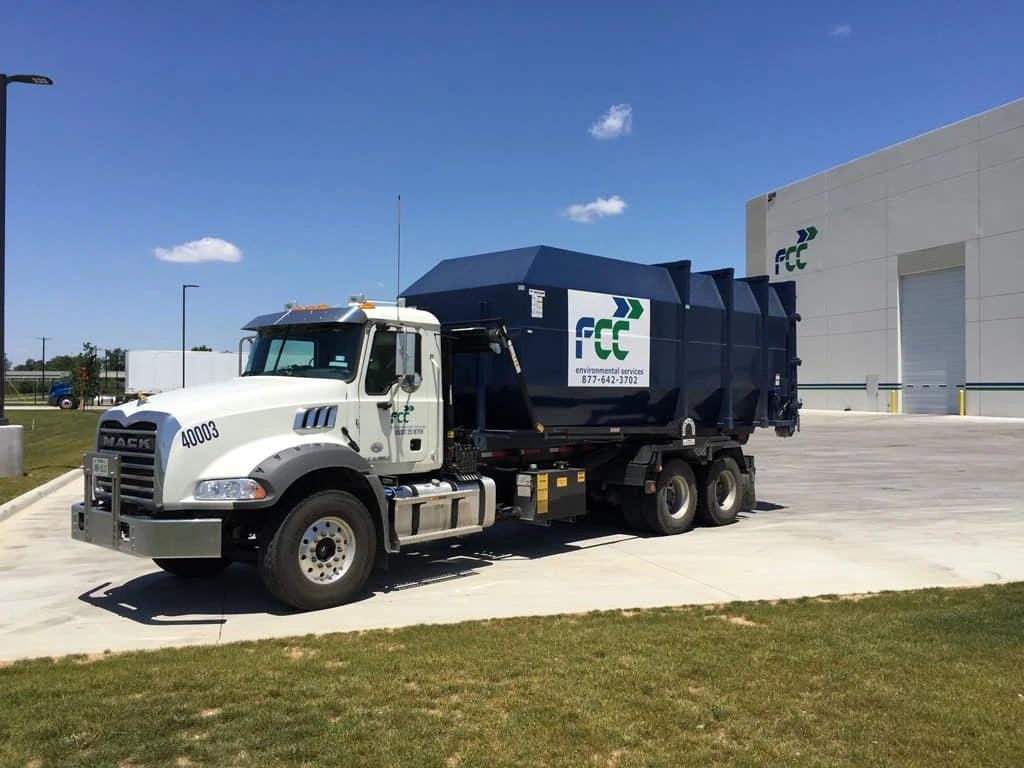
Photo courtesy FCC Environmental
FCC Environmental Services, the U.S. subsidiary of Madrid-based FCC Servicios Medio Ambiente, has received the new contract to provide residential urban solid waste collection service in Wellington City, Florida. The $135 million contract is for 10 years, with a possible five-year extension.
FCC Environmental Services manages contracts in Florida’s Palm Beach, Orange, Volusia and Polk counties. FCC Environmental Services serves more than 1 million inhabitants in the state.
FCC Environmental Services says it will collect residual waste twice a week and recyclables and pruning waste every week for the city's 65,000 residents at approximately22,000 single-family residences. This new contract also includes servicing more than 450 commercial businesses.
Wellington city is in Palm Beach County, where the company already provides services.
According to a news release from the company, FCC will service this contract with an additional fleet of 17 trucks from its current depot in the county.
FCC operates in the states of Texas, Florida and Nebraska, servicing about 8.5 million Americans, according to the company.
FCC Servicios Medio Ambiente is an international waste management company that has been providing municipal services and integrated waste management for more than 110 years. The company serves more than 66 million people in more than 5,000 municipalities and operates a network of more than 700 waste management facilities with nearly 200 environmental compounds. This includes 11 green, nonfossil energy recovery projects with an annual processing capacity of 3.2 million metric tons and 360 million watts of electic power.
Latest from Waste Today
- Quest Resource posts Q4 loss, names new CEO
- Indianapolis awards solid waste contract, updates recycling drop-off program
- Kent County, Michigan, highlights hazardous waste disposal programs
- Viably, Turmec partner on Ohio installation
- EPA plans to revisit numerous environmental, climate regulations
- Miami-Dade Innovation Authority launches fifth Public Innovation Challenge
- Fornnax wins Green Innovation of the Year award
- Louisiana city launches glass recycling program





